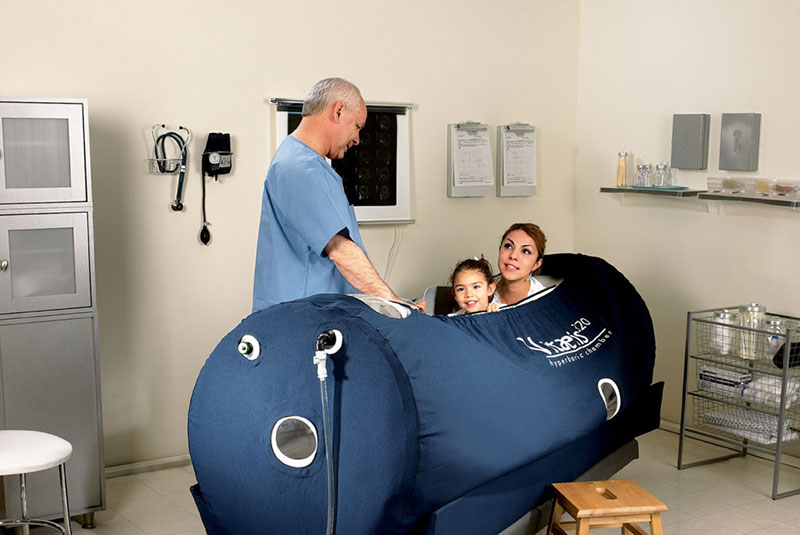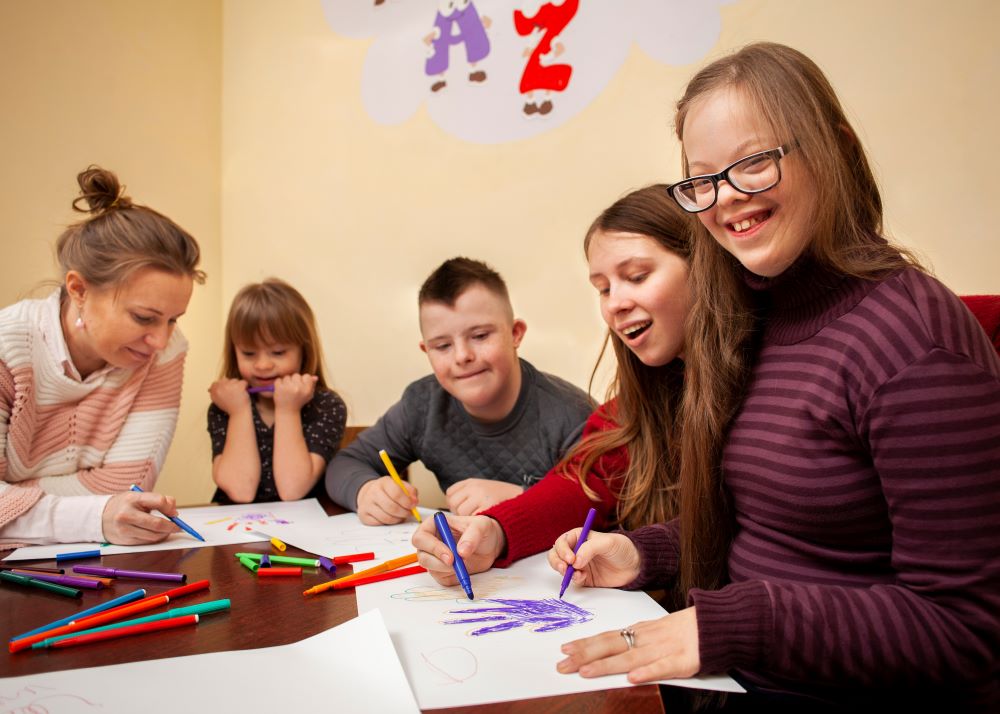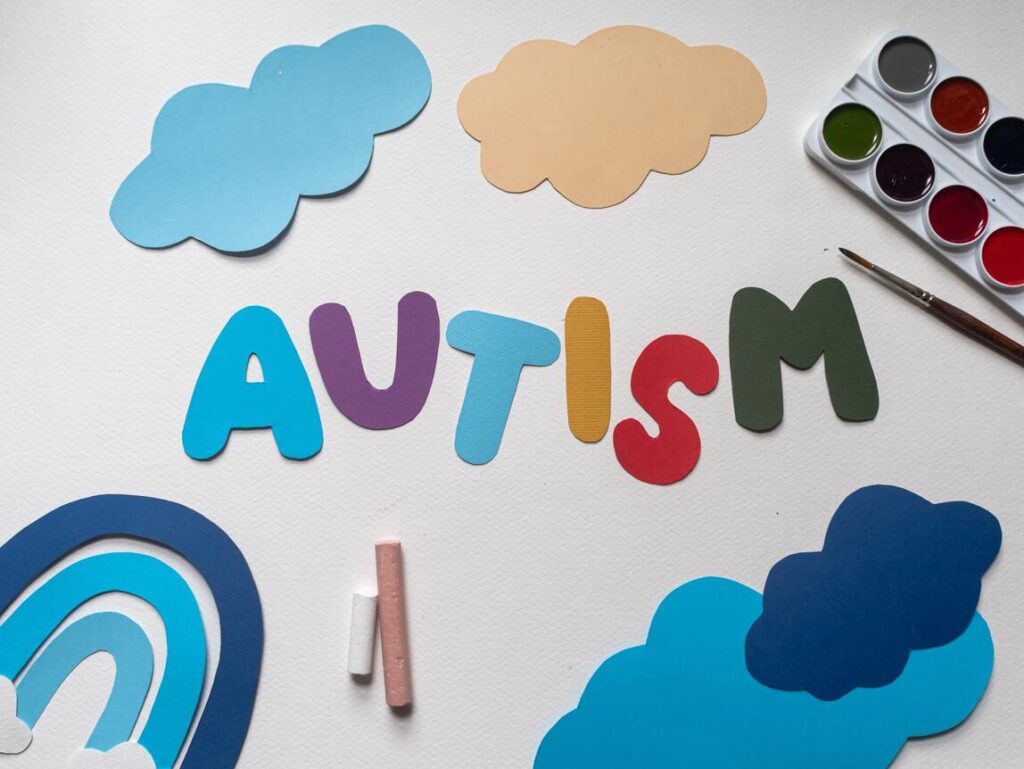Autism is a neuro-developmental problem that leads to impairment in social interaction, development of language and communication skills, and behavioral skills. The signs and symptoms of this phenomenon tend to show up at an early age of 2-3 years in a child. As of yet the exact cause of Autism is yet to be determined.
One of the few important aspects that may be used to identify language trouble in autism is motor theory. It is characterized by several symptoms like arm flapping, grimacing, failing to imitate skilled actions / expressions, response to name, and many more. Children affected with autism are generally incapable of immediate responses and lack the standard awareness of surroundings.
What is the Motor Theory?
Before delving deep into the subject it is pertinent to understand the concept and importance of motor theory. The motor theory assumes that people identify gestures of vocal cord for words more than they actually do for sound perceptions. And this is possible because there already remains a complex mechanism of motor system in a human being which serves as the foundation for the development of skills.
Language acquisition, which is the basis of communication, also falls under this system to be generated as a complete communicative potential in future. This is more of a cognitive function, which helps to determine the perceptive power of speech. The invariant commands of the motor made to track the vocal cord articulators are in turn also a signal of how competent the receiver is.
How Does Difficulty in the Motor System Affect Autistic Individuals?
Both motor system and language development is considered to grow hand in hand. Thus, any difficulty in one, invariably affects the other. The difficulty in motor system challenges the child’s perception of catching a speech. The poor comprehension of emotions, arising due to the lack of gestures and their severely affected facial expression hinders speech development to a great extent in autistic individuals. A conversation with an autistic child may involve ritualistic patterns and echolalia.
Motor Difficulties Leads to Language Problems:
One of the major setbacks that arise in Autism cases is the lack in the cognitive power of learning a language. The Autism Spectrum Disorder leads to several imparities, which slow down the power of speech perception significantly. Naturally it becomes difficult for a child to learn a language at the normal pace. Not just in learning the speech, this would be similar in case of other perceptive aspects too like gestures, the matching of facial expressions with that of the speech. Motor development greatly depends on the primitive motor elements in a human being. However when a child has autism, the primitive motor elements are limited.
In other words what practically does not sink in, in case of the autistic children are three things: their perception, their primitive motor elements and articulation of expressions, and emotion. It is this disjuncture, which hinders an autistic child or even an adult from developing normal speech.
Developing motor abilities in a child is however not impossible as some of them show traces of improvement later in life to learn other skills. But this needs to be carefully dealt with awareness, love, and care.



